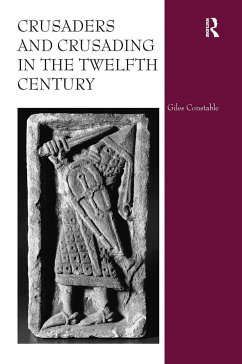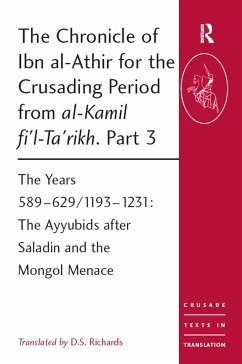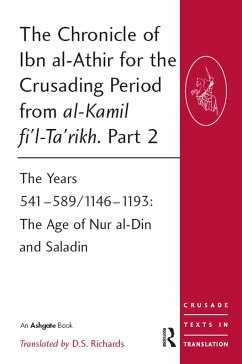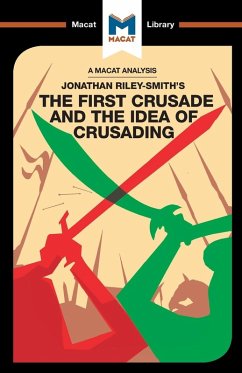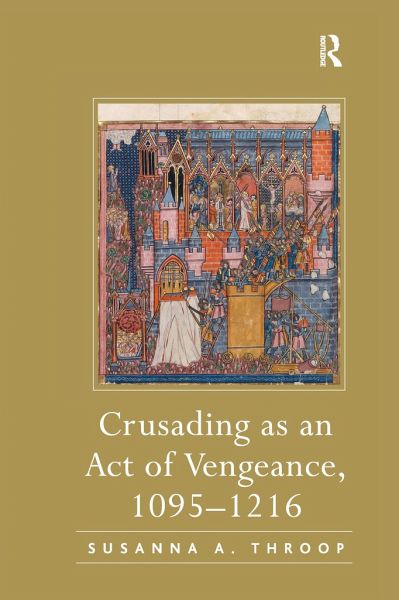
Crusading as an Act of Vengeance, 1095-1216
Versandkostenfrei!
Versandfertig in 1-2 Wochen
56,99 €
inkl. MwSt.

PAYBACK Punkte
28 °P sammeln!
To date, historians of the crusades have not thoroughly investigated the theme of crusading as an act of vengeance, despite its frequent appearance in crusading sources. This has led to inaccurate assumptions regarding the nature of medieval vengeance and the role that various cultures of vengeance played in the crusading movement. This volume revi





